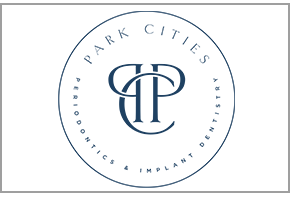Bacteria, Plaque, and Tartar
Your mouth is a natural habitat for bacteria, as is the rest of your digestive system. The majority of these bacteria help us digest our food, but some can cause illness. If the balance of bacteria in your mouth becomes too high, problems can develop with your teeth and gums.
Bacteria in the mouth feed on sugars and food particles that are left behind after you eat and drink. The waste products produced by these bacteria are highly acidic. If too much of these acidic substances build up, they become a white, sticky substance called plaque. As plaque builds up, it hardens into a tartar, which is even more difficult to remove from the tooth surfaces. As plaque and tartar develop on your teeth, the acid can eat through your tooth enamel, causing cavities. It can also lead to inflammation in the gums ranging from gingivitis to serious gum disease.
Cavity Prevention and Treatment
The best way to prevent cavities, then, is to remove plaque before it builds up into tartar. Regular brushing and flossing removes a high percentage of the plaque as well as the food particles and beverage residue that feed the bacteria in your mouth. The second line of defense is to visit your dentist on a regular basis for additional cleaning. Your dentist can also monitor any cavities that might be developing. This is accomplished through regular examinations as well as X-rays.
If you do have a cavity, it’s best if it’s found early, while it’s still small. Your dental provider can remove the decayed part of the tooth and restore your tooth with a tooth-colored filling. Taking the best possible care of your teeth is the best way to avoid tooth decay.
